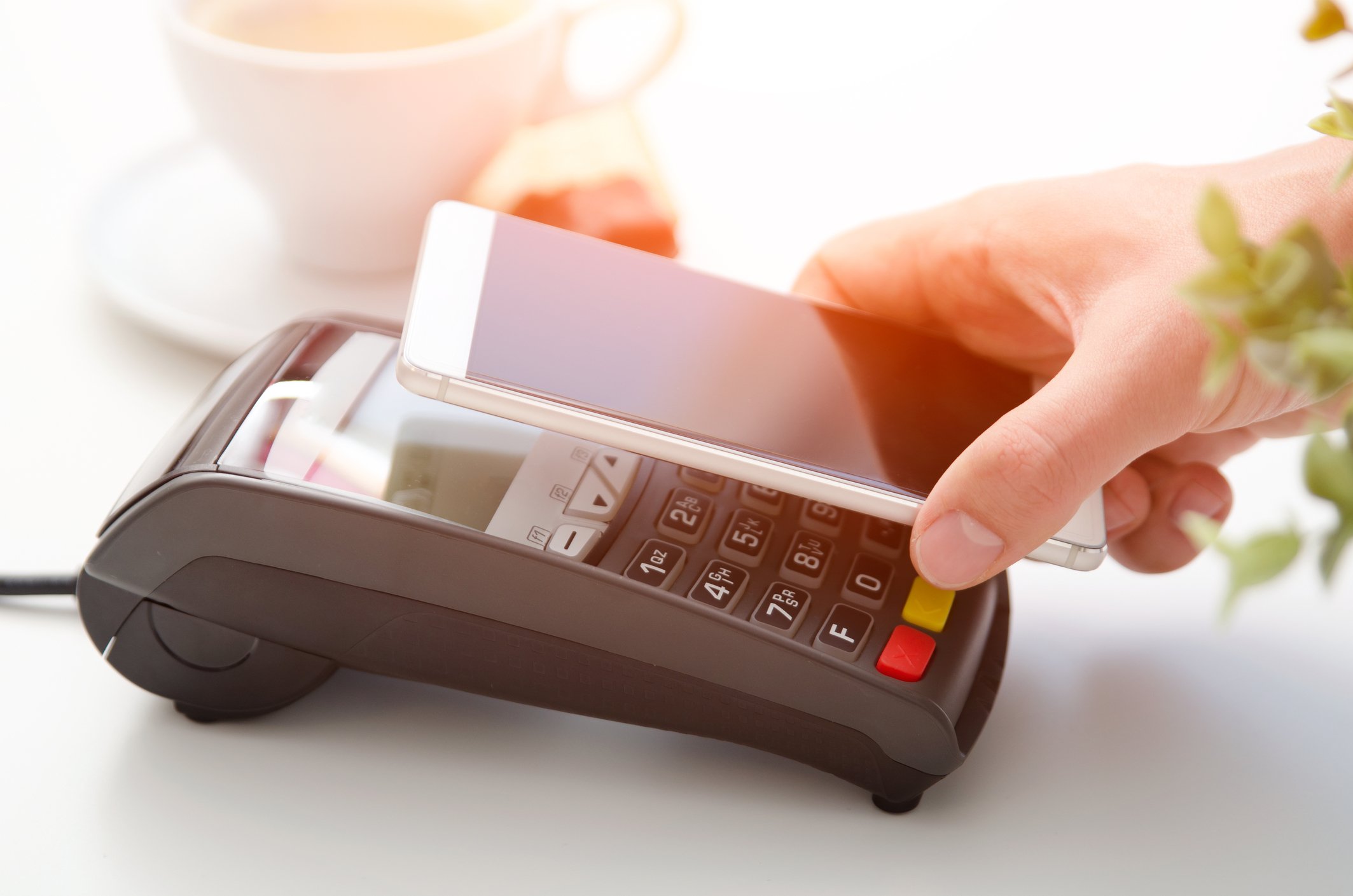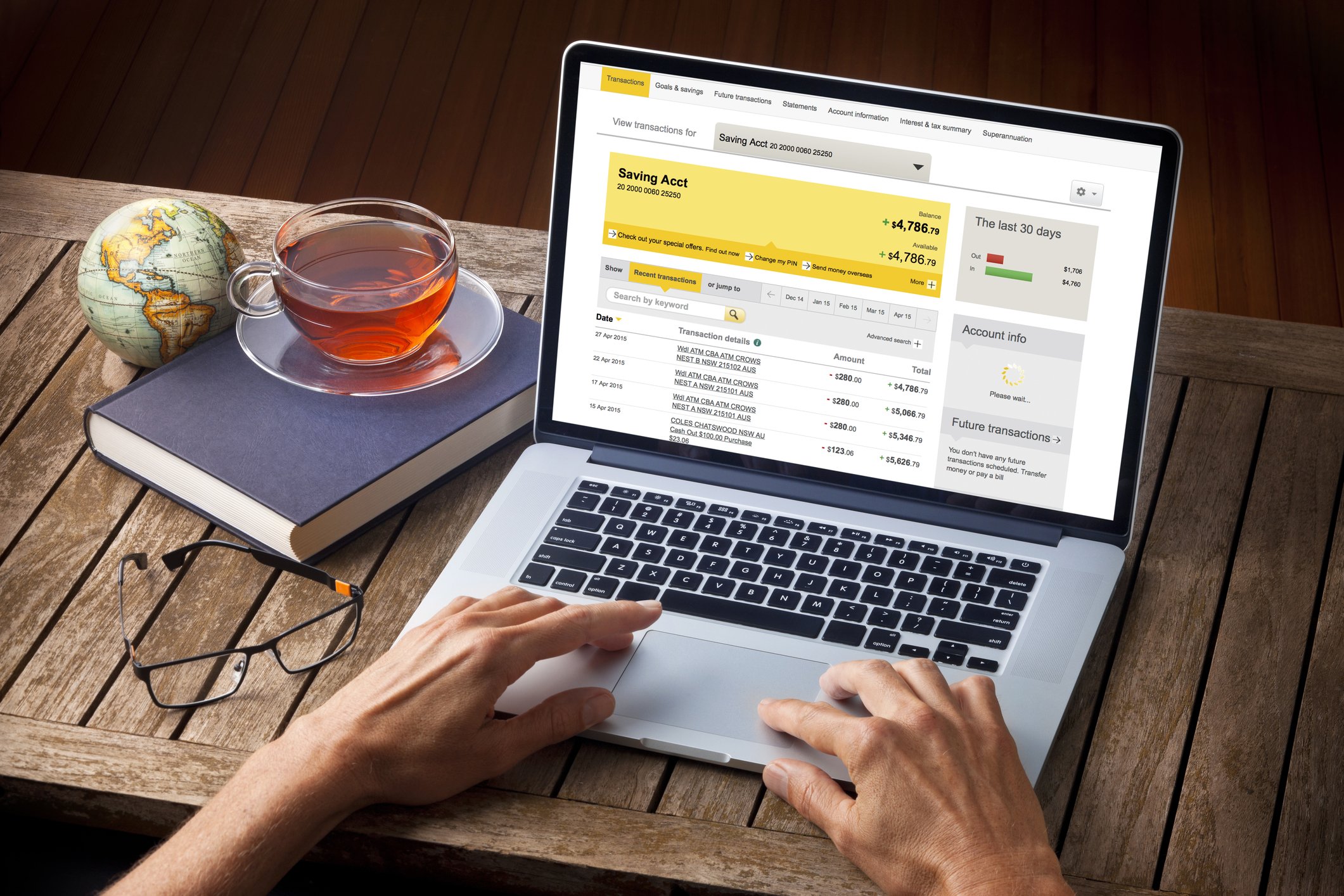How to Start Building Credit (Without Getting into Debt)
Introduction
If you're just starting out with money, you've probably heard how important it is to build credit. Whether you want to buy a car, rent your first flat, or eventually get a mortgage, a strong credit score can make life a lot easier.
But here’s the big question: Can you build credit without getting into debt? Yes — absolutely. In fact, it's not only possible — it’s the smartest way to do it.
This guide will walk you through practical, low-risk steps to build your credit without taking on debt, so you can start adulting with confidence.
What Is Credit and Why Does It Matter?
Credit is basically your financial reputation. It shows how trustworthy you are with borrowed money.
When you use credit (like a credit card or phone contract) and pay it back on time, you build a history. That history gets turned into a credit score, which lenders use to decide:
Whether they’ll lend you money
What interest rate they’ll charge
Whether you can rent a flat, get a phone, or even land certain jobs
Your credit score is usually a number between 300 and 850 (or 0 to 999 in the UK), and it’s based on things like:
How much you borrow
How often you repay on time
How long you’ve had credit
The good news? You don’t need to borrow loads of money — or carry debt — to start building it.
“Start small, be consistent, and stay in control. Building credit doesn’t mean going into debt—it means showing you can manage money wisely over time.”
How to Build Credit Without Getting into Debt
1. Become an Authorised User
Ask a parent or trusted adult if you can be added as an authorised user on one of their credit cards.
You get “credit” for their good behaviour (like on-time payments)
You don’t even have to use the card
There’s no risk of debt — you’re not responsible for repayments
Just make sure they have a solid credit history and don’t carry a balance.
2. Use a Secured Credit Card
A secured credit card is perfect for beginners.
You pay a refundable deposit (like £200)
That becomes your spending limit
You use it for small expenses (like Spotify or train tickets)
Then pay it off in full every month
Because it’s reported to credit agencies, this helps build your credit history — without debt or interest.
3. Open a Credit Builder Account or Loan
These are designed specifically to help people build credit safely.
Examples:
LOQBOX (UK) – you make monthly payments into a savings account, and they’re reported to credit bureaus
Self (US) – similar idea, combining saving with credit-building
Once the “loan” is paid off, you get your money back — and a stronger credit profile.
4. Use Rent and Utility Payments to Your Advantage
Normally, paying rent or bills doesn’t count toward your credit — but there’s a fix.
Use services like:
Experian Boost (UK/US) – reports Netflix, council tax, mobile bills
CreditLadder or Canopy (UK) – reports rent payments to credit agencies
If you’re already paying these on time, why not make it count?
5. Get a Student Credit Card (If You're Ready)
Some banks offer student credit cards with:
Low limits (usually £250–£500)
No annual fees
Basic rewards
Only get one if:
You can afford to pay it off in full every month
You trust yourself not to overspend
Set up autopay to cover the full balance so you never miss a payment.
Tips to Build Credit Safely
Pay everything on time – set reminders or use direct debits
Keep your balance low – aim to use less than 30% of your credit limit
Check your credit report – use free tools like ClearScore or Credit Karma
Avoid applying for too many credit products – too many applications can hurt your score
Remember: You’re playing the long game. Credit history builds slowly — but with consistency, it adds up.
Mistakes to Avoid
Taking out loans just to “build credit”
Carrying a balance and paying interest — it’s not necessary!
Ignoring small debts or late payments — even £10 can damage your score
Opening multiple cards “for the rewards” — it’s a trap if you’re not careful
Final Thought
Building credit doesn’t mean building debt. With the right tools and smart habits, you can start creating a solid financial future without borrowing more than you can handle.
Start small. Pay on time. Keep things simple. By the time you really need good credit, you’ll already have it.
FAQ’s
-
Yes. You can use rent reporting, phone bills, credit builder loans, or become an authorised user.
-
Not automatically — but services like Experian Boost or CreditLadder can make them count.
-
It can be, if you’re responsible. Use it for small purchases and pay in full each month.
-
Become an authorised user or get a secured card. Both can begin building history right away.
-
If you’ve never used credit before, you probably don’t have a score yet. But once you open an account or start reporting bills, your score will begin building within 3–6 months.







